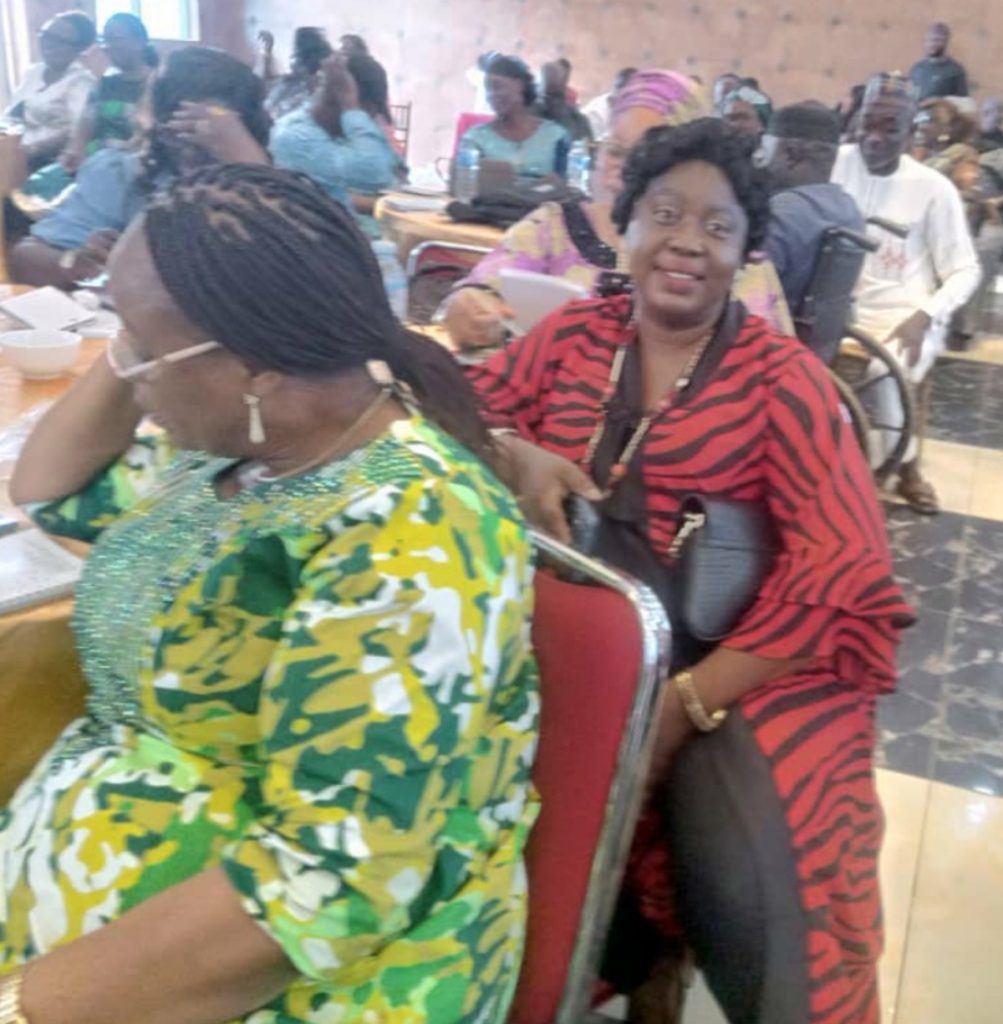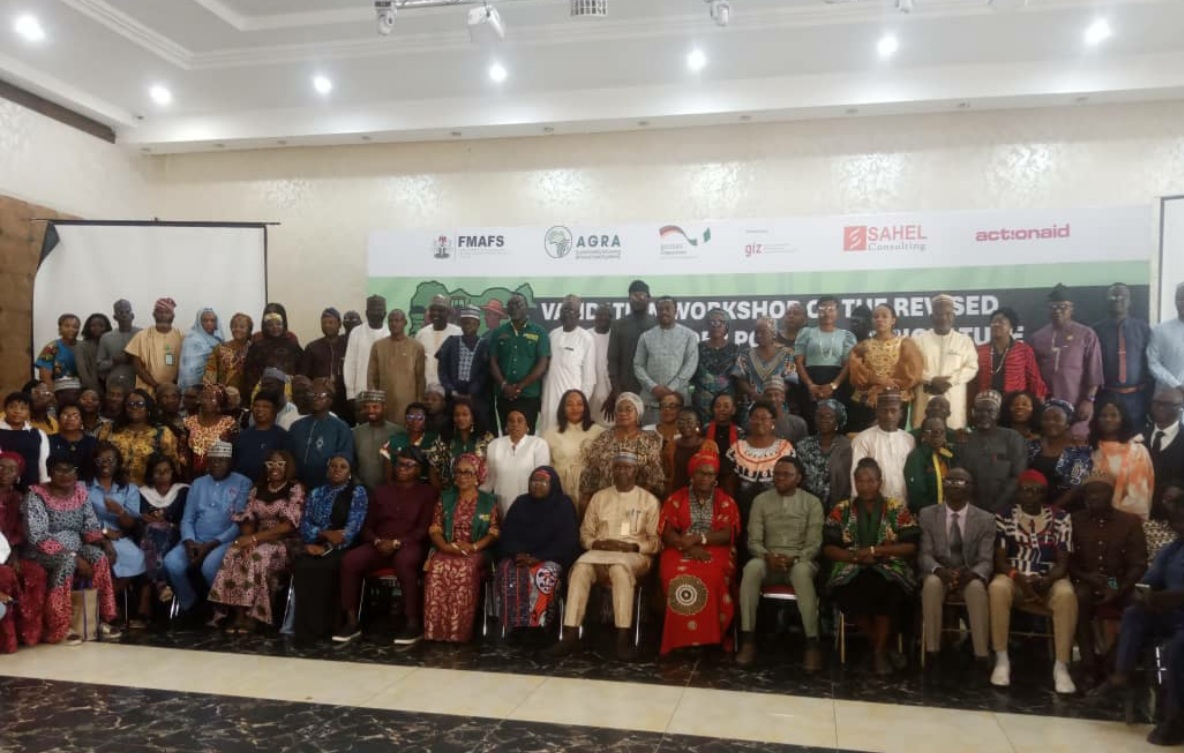By Felicia Imohimi, News Agency of Nigeria, Abuja
Stakeholders have urged state governments to domesticate the National Gender Policy in Agriculture by ensuring adequate budgetary support and fostering innovation-driven communities of practice.
They made the call at the National Stakeholders Validation Forum on the Revised National Gender Policy on Agrifood Systems Transformation and its 2025–2030 Strategic Plan of Action on Thursday in Abuja.
Dr Marcus Ogunbiyi, Permanent Secretary, Federal Ministry of Agriculture and Food Security, said the review was to align the policy with the evolving agricultural landscape.
Ogunbiyi, represented by Ibrahim Tanimu, Director, Project Coordinating Unit in the ministry, said the validation marked a milestone in promoting gender equality and empowering women, youths, and people with special needs in agriculture.
“This policy will serve as a guiding framework for our actions and decisions, ensuring that the needs and perspectives of women and other vulnerable groups are integrated into agricultural development,” he said.
He commended the federal government for its continued support to the agricultural sector.
Mr Azubike Nwokoye, Chairperson of the National Gender Steering Committee and also Food Systems Specialist, ActionAid Nigeria said the revised policy was designed to help Nigeria tackle current challenges in the agrifood systems.
“This policy supports every other policy in agriculture and aligns with the National Agriculture Technology and Innovation Policy,” Nwokoye said.
He added that “the policy aims to ensure social justice and equity for citizens within the agricultural value chain and that stakeholders benefit equally from the agriculture sector”.
Nwokoye explained that the essence of the workshop was “to validate the revised policy jointly produced by stakeholders to promote gender equity in the agriculture sector and ensure gender justice”.

Mr Temitope Adegoroye, Managing Partner, Sahel Consulting Agriculture and Nutrition Limited, urged stakeholders to reaffirm their resolve to translate the policy into tangible change that uplifts women, strengthens communities, and secures Nigeria’s food and nutrition future.
He commended the Federal Ministry of Agriculture and Food Security, the National Gender Steering Committee, and all stakeholders for their dedication to advancing gender equity in agriculture.
“The launch of the policy in 2019 provided a vital framework for addressing gender disparities and promoting inclusive agricultural development,” Adegoroye said.
“Today’s gathering is a testament to our shared commitment to ensuring that the policy is not only well-crafted but also effectively implemented across all levels,” he added.
NEWS AGENCY OF NIGERIA
